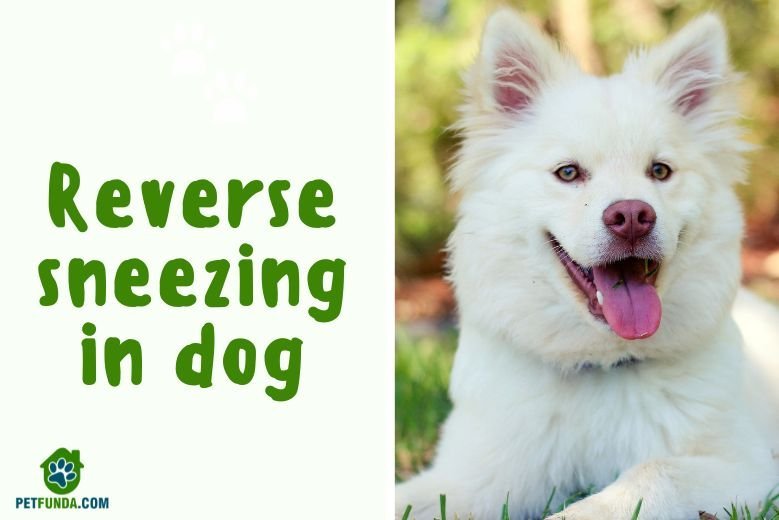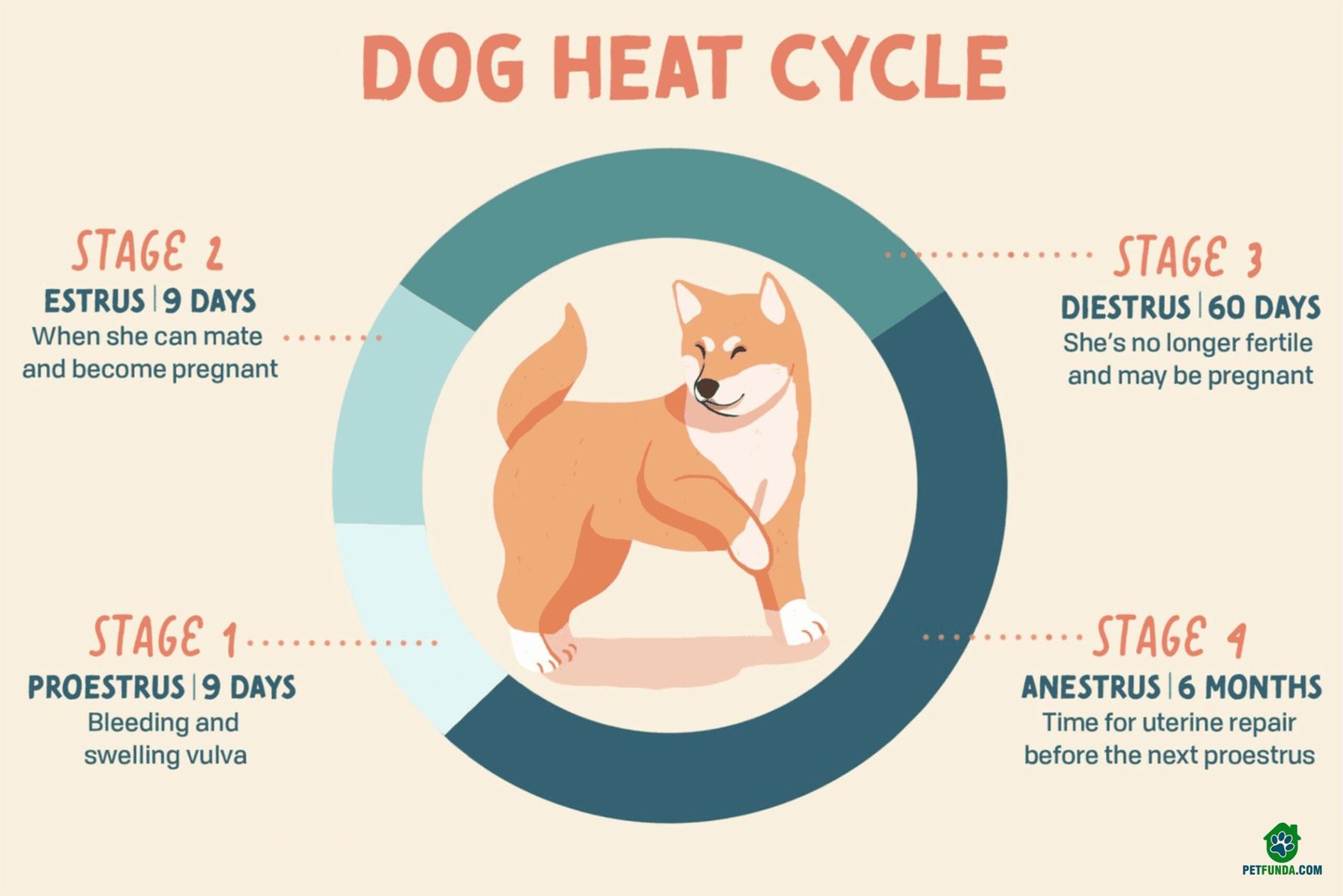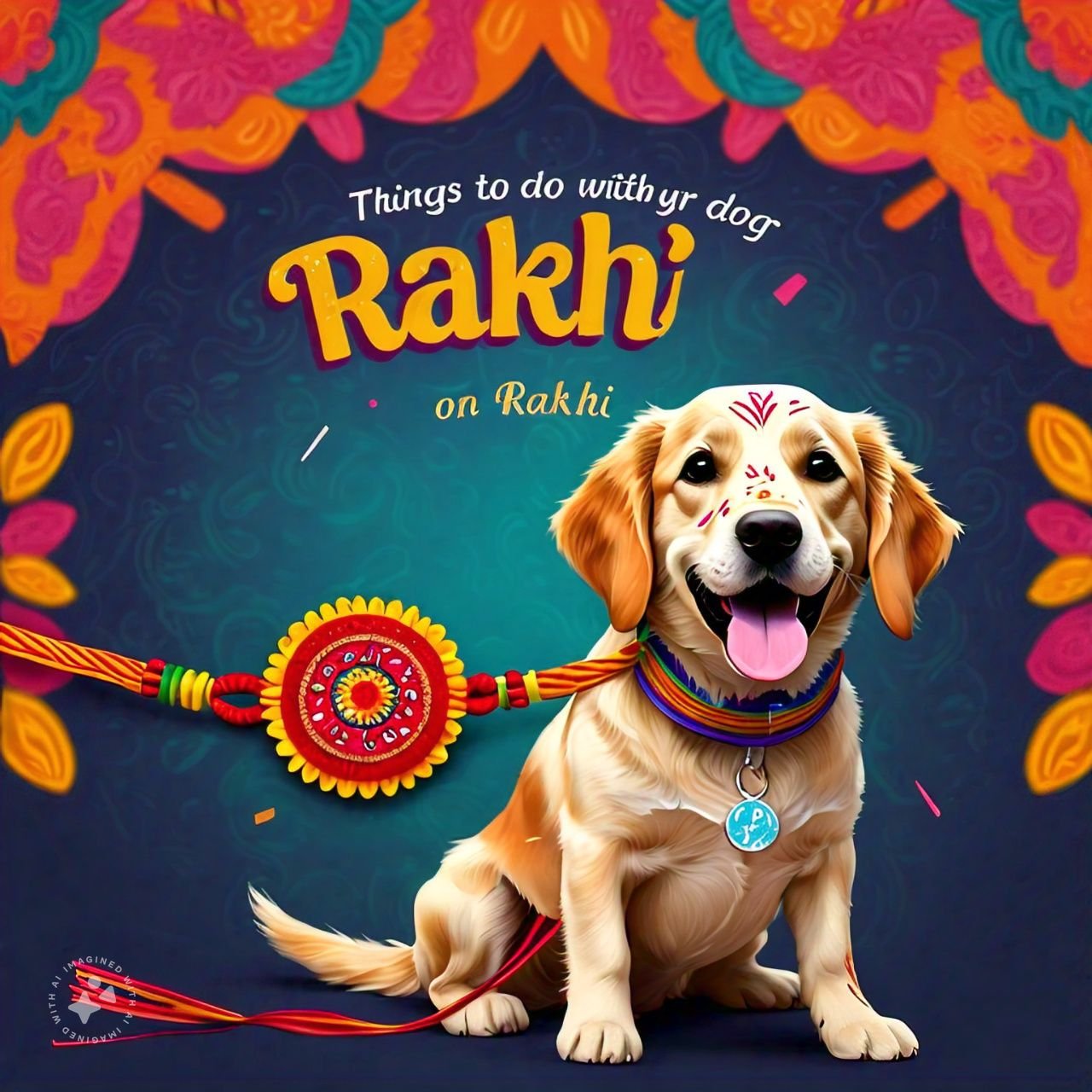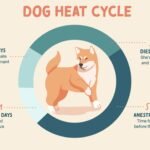Reverse sneezing is also known as inspiratory paroxysmal respiration, a common occurrence in dogs that can concern you as a pet owner. Under this guide, you can learn everything about reverse sneezing, its causes, symptoms, and potential remedies. When you are familiar with this condition, you can ensure that your furry friend gets rid of these concerns, and you can provide critical care.
Everything you need to know about reverse sneezing
Reverse seasoning is ideally A reflex action that is characterized by rapid and forceful inhalation through the nose. It is basically accompanied by snorting or gagging sounds. The condition is pretty standard, and you can manage it with proper understanding and care.
At the same time, you should differentiate it from other underlying conditions and seek veterinary intervention whenever vital. It would be best if you remembered that every dog is unique, and what works for your dog will not work for another. During reverse sneezing, the soft palate at the back of your dog’s throat temporarily gets irritated, which leads to voluntary inhalation of the air.
Causes of reverse sneezing
- Allergens, dust, strong smells, or irritants can trigger reverse sneezing episodes in your dogs, especially if they are sensitive.
- Some dog breeds featuring animated soft palettes, narrow nasal passages, or flat faces are likely to be prone to experience reverse sneezing.
- Your dog might experience reverse sneezing episodes when they are very excited, anxious, or overly stimulated.
- The presence of a foreign object in your dog’s nasal passages leads to irritation and also triggers reverse sneezing.
Recognizing the reverse sneezing symptoms
- When your dog experiences a reverse seasoning episode, you can hear honking, snorting, or gagging noises.
- Your furry friend’s breathing becomes really rapid and forceful during a reverse sneezing episode. When this happens, you can often see the head and neck extended.
- Reverse sneezing episodes in dogs basically do not cause any stress or difficulty breathing once the attack is resolved.
Managing reverse sneezing
- As a pet owner, you need to remain calm during the reverse sneezing episode to avoid adding stress to your furry friend.
- Applying gentle pressure to your dog’s throat or softly stroking its neck can also help in soothing the irritation and shorten the episode.
- You can distract the dog with a toy or a treat by calling its name and just shifting its focus. This can potentially halt your furry friends’ reverse sneezing.
- Moving your dog to an open area or an open window can help them get rid of this episode. In short, the fresh air works.
When can you seek veterinary care?
- If reverse sneezing episodes become very frequent, prolonged, or increasingly severe, you need to consult a veterinarian instantly.
- Reverse sneezing, when it occasionally becomes a symptom of an underlying health issue like respiratory infections or nasal inflammation, then veterinary evaluation is very important. The experts can rule out all the conditions.
- If your dog is exhibiting any signs of difficulty breathing, persistent coughing, or any other concerning symptoms, then instant veterinary attention is significant.
Differentiating reverse sneezing from other conditioning
- Generally, you might mistake reverse sneezing for coughing because of similar sounds produced. But reverse sneezing is all about rapid inhalation through the nose, while coughing is characterized due to expelling air from the lungs.
- If you notice that your dog has collapsing trachea, then they might exhibit similar symptoms to reverse sneezings, like honking sounds or difficulty breathing. In such a situation, you should visit a veterinarian, as they can differentiate between the conditions through a thorough examination.
Preventive measures
It would be best if you minimize exposure to potential irritants like dust or strong fragrances, which can trigger reverse sneezing in the susceptible dog. Above all, you should keep your living space clean and well-ventilated.
Dogs end up pulling on their leash excessively, and if your dog is doing the same thing, then they might experience reverse sneezing. In such cases, you need to train your furry friend to walk calmly on a loose leash, as it can help in reducing the frequency of episodes.
Potentially underlying medical causes
When your dog has some allergies like seasonal or food allergies, then they might become prone to experiencing reverse sneezing episodes. Identifying and managing the underlying allergy can help them get rid of symptoms.
Infections affecting the respiratory system, like kennel cough, can irritate the nasal passages and trigger reverse sneezing in your furry friend. Your dog might develop reverse sneezing in response to the nasal irritation caused due to foreign objects, nasal mites, or growths in the nasal cavity. Your veterinarian can evaluate the condition, and they can also identify and address all these issues.
Breed disposition
Brachycephalic dogs characterized by short noses and flat faces are likely to experience respiratory issues like reverse sneezing. If you have breeds like Bulldogs, pugs, or even shih tzus, then your furry friend would be at a higher risk.
Veterinary Intervention and diagnosis
If the frequency or severity of reverse sneezing episodes increases concerns, a veterinarian expert will perform diagnostic tests like nasal endoscopy imaging or nasal swabs to identify all the potential underlying causes.
Treatment for reverse sneezing will basically focus on managing the underlying cause in your furry friend. If present, this might include addressing all the allergies, treating respiratory infections, or removing muscle abstractions. In short, you must know that reverse sneezing is a relatively common occurrence in dogs that are triggered by nasal irritants, excitements, or structural factors. When you understand the causes, symptoms, and appropriate management techniques, you can provide comfort to your dogs during the reverse sneezing episodes. But if the reverse sneezing becomes very frequent and severe or it is accompanied by other symptoms, you need to consult with your veterinarian in time to rule out any other underlying health conditions. You must remember that being informed and responsive to your dog’s needs will ensure your furry friend’s overall well-being and happiness.





